Both governments and businesses must enact reforms and strengthen collaborations to generate climate finance from the private sector, said Filipino experts during a global forum at the Asian Development Bank (ADB) Headquarters in Mandaluyong.
The ADB hosted the third in a series of UN technical dialogues in determining a new collective quantified goal (NCQG) for climate finance by 2025. The funding will be paid by developed countries to vulnerable nations like the Philippines, as per the terms of the 2015 Paris climate agreement.
Albert Magalang, head of Climate Change Service of the Department of Environment and Natural Resources, stated that the NCQG can create signals for investments and incentives involving the private sector,
“It is important that the sector obtains enough confidence to invest it money in chosen sectors with reasonable economic and financial returns,” he said.
The previous target of USD100 billion of aid to developing nations by 2020 was not met, placing vulnerable communities at higher risk to climate change impacts. To avoid repeating this failure, countries must identify their financing needs to boost trust from providers, per Magalang.
“Governments should identify gaps in financing and preparing investment plans and programs,” he added.
Magalang also emphasized the importance of setting the right policies and regulations that build capacities of banks, investment firms, and other companies to invest in a country’s adaptation and mitigation strategies.
He referred to the Philippine government’s recent initiatives in enabling more private financing, such as the Sustainable Finance Framework that requires banks to make more sustainable investments.
Among other policies include the establishment of the implementing rules and regulations for the Green Jobs Act and the Energy Efficiency and Conservation Act, both of which would make markets more attractive to funders.
Angela Ibay, Climate Change and Energy Program Head of World Wildlife Fund Philippines, emphasized the role of civil society groups in ensuring that both the public and private sector deliver on their pledges as guided by national laws and global frameworks, including the NCQG.
“Monitoring and tracking should be a part of how we design this process”, she said.
She also emphasized the need for flexibility mechanisms to balance the impacts of unpredictability brought by the climate crisis and the need for businesses for predictable profitability of projects.

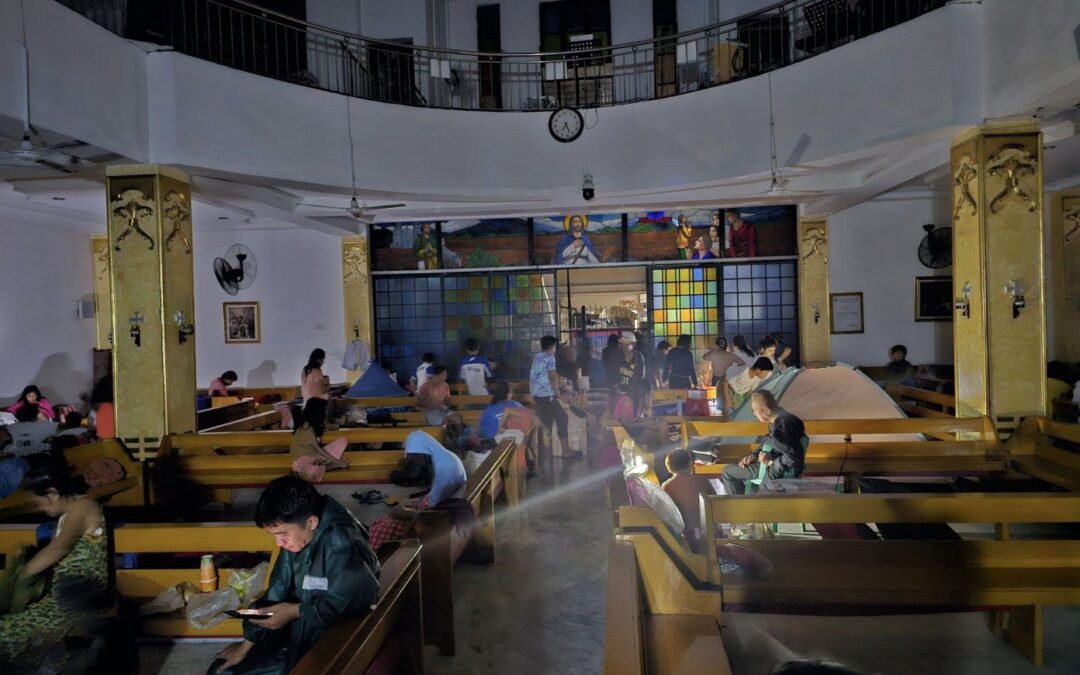
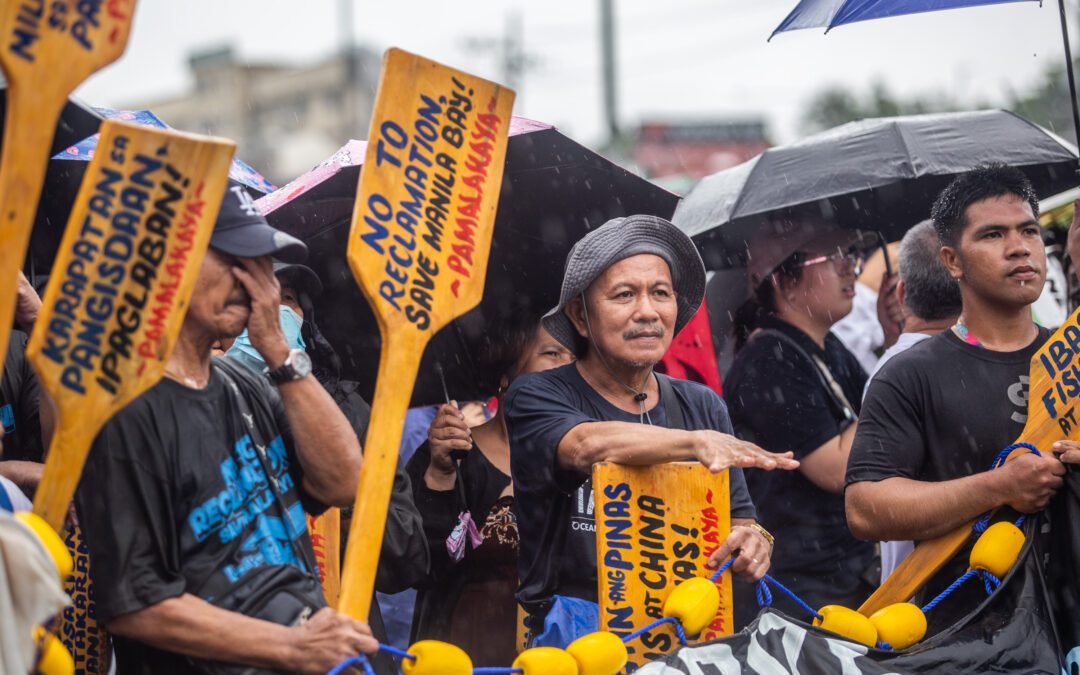
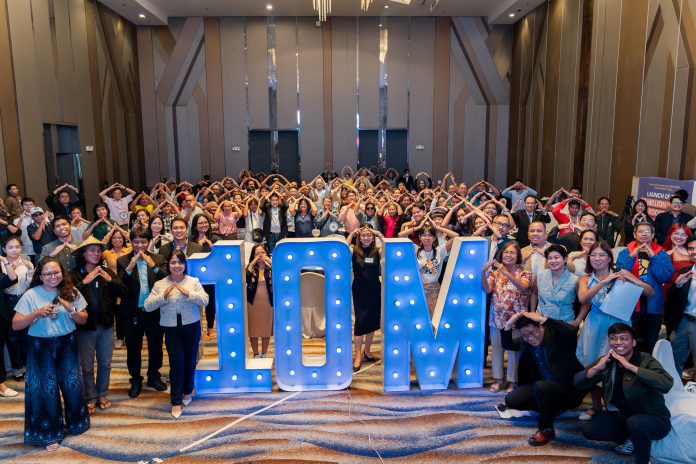
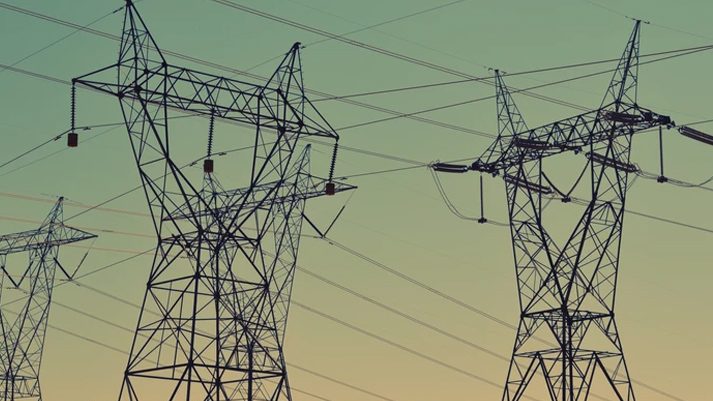
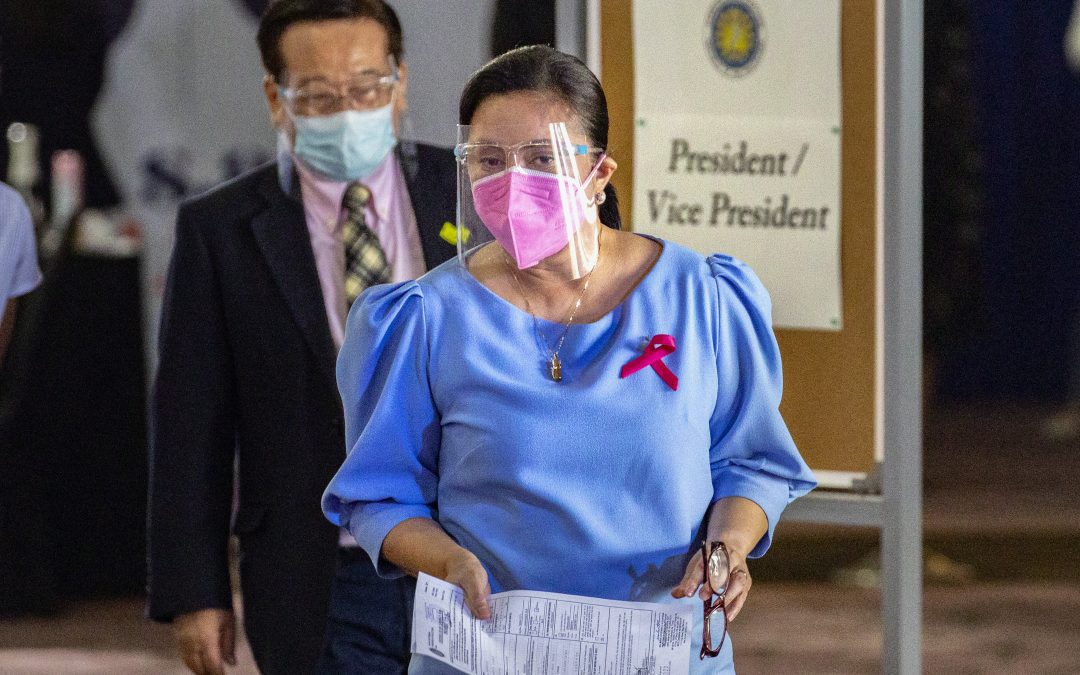
0 Comments